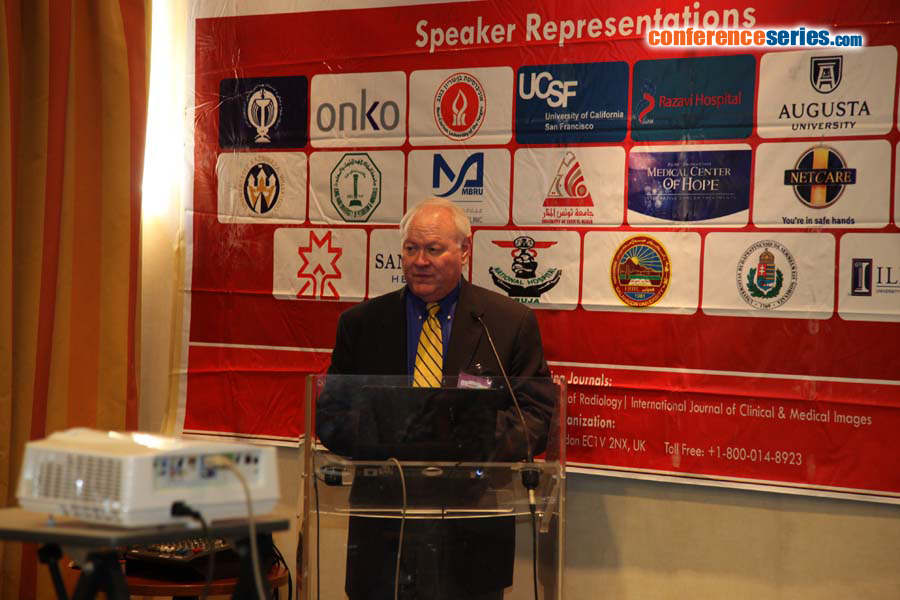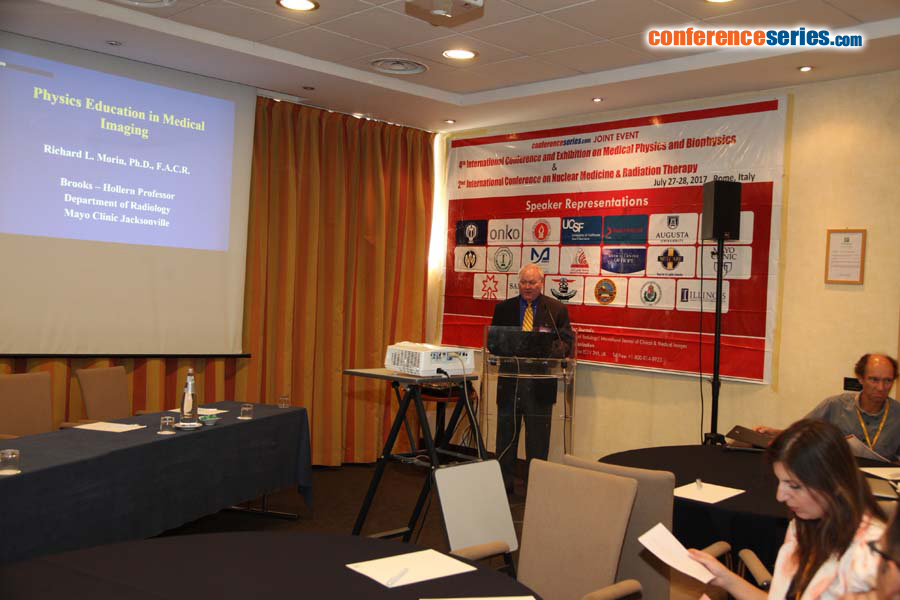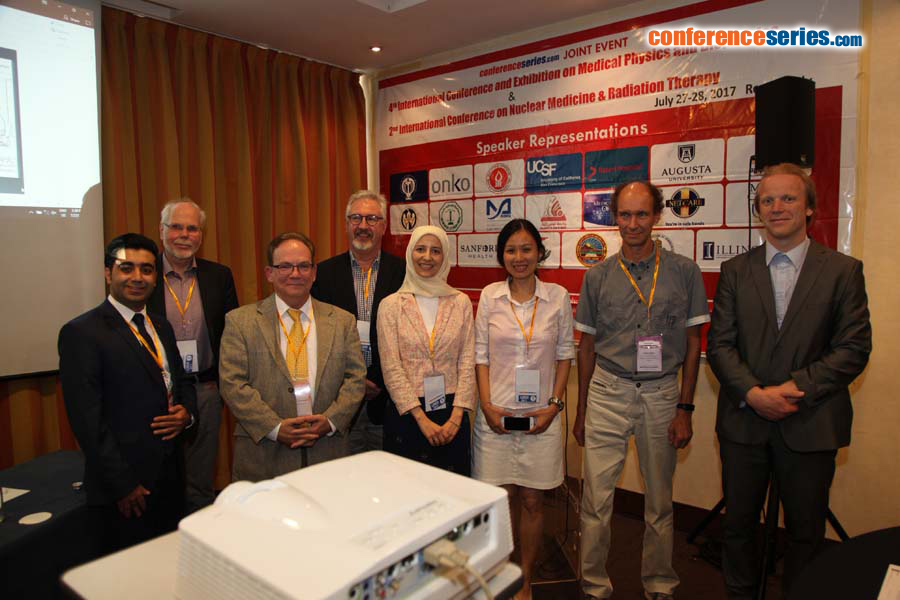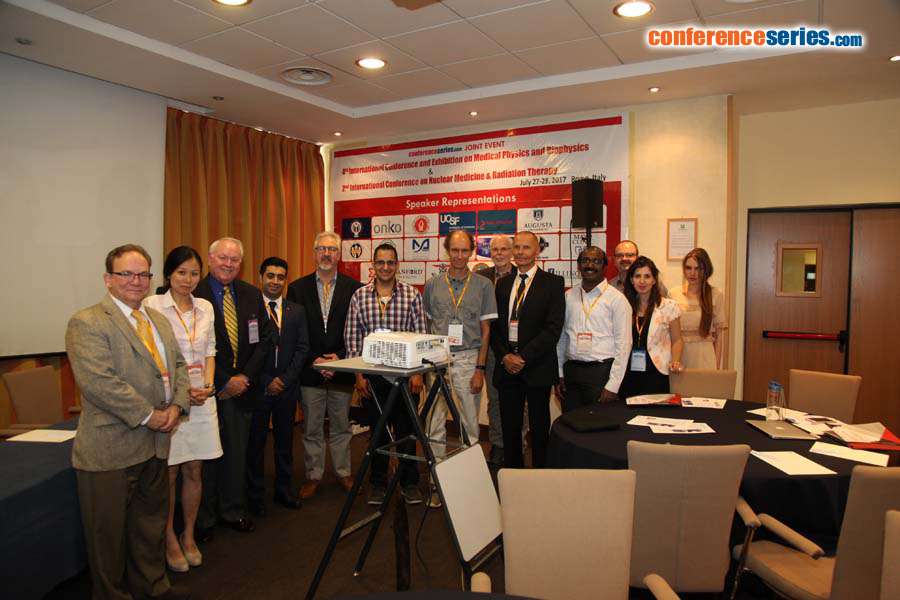
Biography
Biography: Richard L Morin
Abstract
Physics education is important to Diagnostic Radiologists, Radiation Oncologists and Medical Physicists. The primary premise of specialization in Medicine is that an individual has more knowledge and experience than others without specialty training. Physics is important to the practice. Fundamental knowledge of the Physics and Engineering on which imaging and therapeutic technologies are based is truly important and a distinguishing factor for those who image or treat patients. Demonstrated experience in these areas must be required to ensure safety and quality of care. Knowing bits of knowledge does not make one an authority in any field, to become an expert requires special training and experience. This fundamental concept is often lost among those responsible for the regulation and the use of ionizing radiation in medicine. It is plainly obvious that simply knowing human anatomy does not qualify a person to interpret medical images. Electronic processing techniques can make objects appear or disappear. Technical knowledge of the acquisition methodology is necessary to accurately associate pathology with a particular image. In addition the ability to correctly identify artifacts or other “nonstandard” presentations is vital to accurate image interpretation. Practical application of the basic physics related to each modality provides the framework to accommodate such variation and avoid misinterpretation. It is for these reasons that Physics education is important to the Radiology community. It is vital that Physics education be not a recitation of factoids to pass an examination but rather woven into the clinical environment, so that it is apparent and understood that fundamental Physics is being applied in clinical imaging situations.





